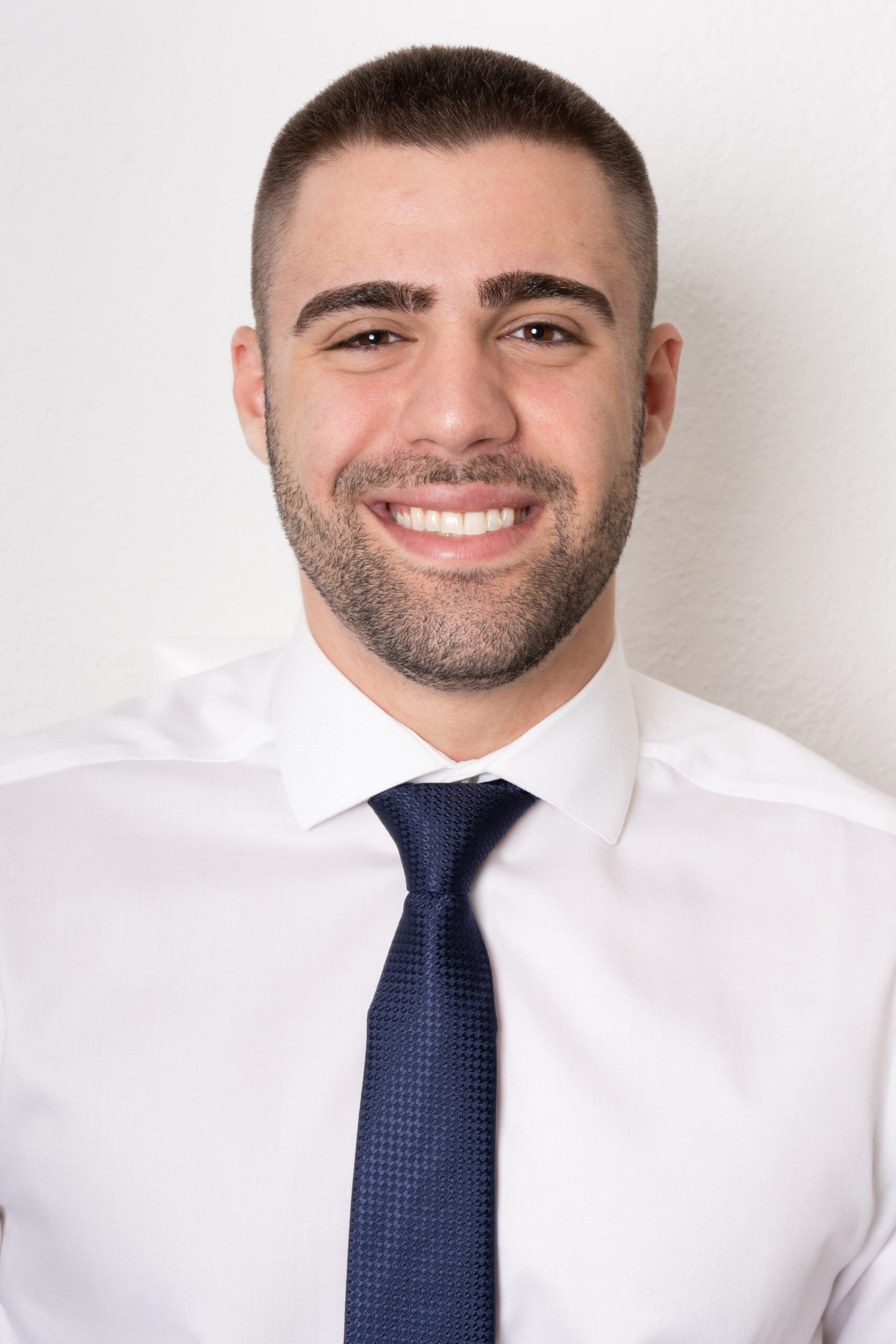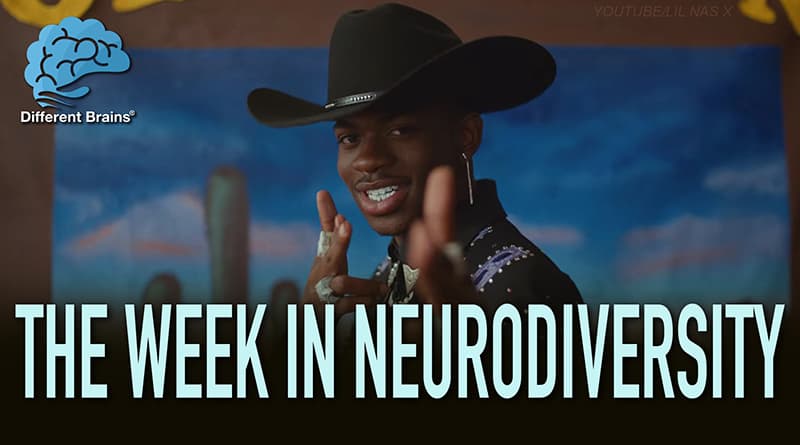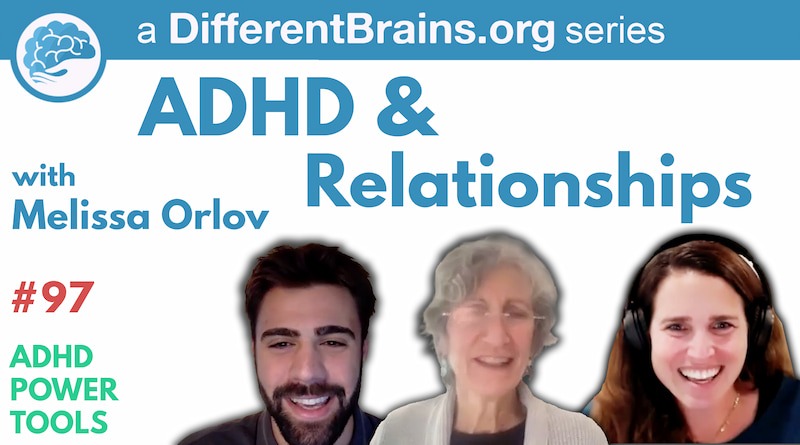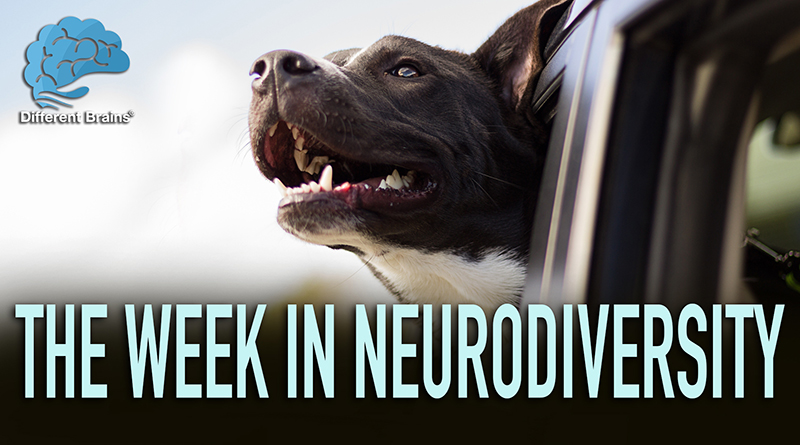Bad Habits, Part 3 | ADHD Power Tools w/ Ali Idriss & Brooke Schnittman

(8 mins) In this episode of ADHD Power Tools, Ali and Brooke discuss more tools for overcoming common bad habits: phone overuse and substance abuse!
Brooke Schnittman, MA, ACC, BCC is a certified coach who works with children, students, teens, adults, and parents with or without ADHD. She has been nominated for multiple awards including “Best In Show Community” and ”Advocating For Another.” She is the creator of What’s Next and ADHDEdCamp.
Ali Idriss is a Different Brains intern and ADHD self-advocate. He aspires to share his journey and help others with the tools that have allowed him to overcome many of the challenges along the way, as he co-hosts ADHD Power Tools and conducts research on college students with ADHD. Ali has completed his bachelor’s in Biological Sciences at Florida Atlantic University and is currently completing his second bachelor’s in Neuroscience and Behavior at Florida Atlantic University. He is also an Emergency Medical Technician and is aspiring to become a physician
For more on Brooke and her work, visit: https://www.coachingwithbrooke.com/
EPISODE TRANSCRIPT:
ALI IDRISS (AI):
Hello, everybody. Welcome back to ADHD Power Tools. Today, Brooke, I want to talk to you about some more bad habits to overcome. I want to start off with checking our phone very often all the time. I you know, can you talk to us a little more about it? What are some tools to help us overcome this bad habit?
BROOKE SCHNITTMAN (BS):
Yeah, phone addiction is really real. It has hijacked our relationships, our time. Stolen our attention, made attention spans even shorter. If you think about the goldfish brain, I know that they used to refer to that, as you know, ADHD. But now, a lot of people’s attention has been hijacked because of technology. So, yes, so doing that can definitely increase anxiety, depression, stress, not being present in the moment, constantly being in social media, comparing yourself to others, all of those things. So one thing that I like to do is to put my phone in a place where I can’t see it, like not put it facedown in front of me, because my phone’s there, put it in another room, when I’m trying to have time with people that are important to me.
So really, that’s the only way that I can not look at my phone, call it an addiction, if you want, it needs to be in my bag, it needs to be in another room. So this way, I’m not notified by the notifications that are popping up and then going down that rabbit hole of looking. Another thing is you can go to your phone right now, and open up your settings and remove all the notifications that you don’t need, because we’re getting 1000s of notifications a day. So — speaking of I don’t know if you just heard that, but I just got a notification, it was a good one because it was like calendar. No but like very apropos. So going and turning off notifications that you don’t need because we sign up for all these things unknown to us. And then we get all these notifications. Putting blocks and filters on our phone putting the Forest app I know we spoke about that before. But yeah, for me, it’s really just getting it out of plain sight. And it is a real addiction. So there are people who specialize with smartphone addiction as well that you can seek help from?
AI:
Yes, for sure. It’s a real addiction. And I mean, even if you hop on the iPhone, and you go to settings and go to your screen time, you activate screen time, which is a setting right next to the general the tab is right there, you can look at how many hours you spend a day on average per week, which apps they are all the percentages. So many adults analytics they show you, they give you the option to send you reminders of your weekly screen time. And it’s — if you are struggling with this, your goal is to bring down the hourly rate of screen time, right. And you name so many ways that could help with that.
Some more ways, for example: you bring up Do Not Disturb. Putting your phone in Do Not Disturb is super helpful. It literally just turns off all notifications, especially when you’re busy at an interview or you’re in a meeting or you’re at work, you don’t have your phone next to you sometimes, you know, it’s just you have that urge to just check your phone in at times that you shouldn’t be looking at it, Do Not Disturb helps out a lot. And even Do Not Disturb-ing group chats, certain group chats, deleting apps, for example, Instagram, Twitter, Snapchat, whatever it may be Facebook, you can delete those apps, they’re depletable you can deactivate your, your account, if you really want to if you see it, you’re spending at least an hour a day on social media that you shouldn’t be. You can deactivate the account — doesn’t delete everything. You can reactivate, it but it’s super important. I know my sister has done that. Some of my friends have and it’s helped them out significantly. I’ve had Instagram deleted for about two years. I re-downloaded a couple months ago though, so I can’t stand by that. But I had it deleted for two years. I redownload it.
Another funny thing is at FAU there’s a study zone where there’s no data at all. So it really works. Yeah, like I just I don’t know if it’s purposely done or what but I just get no data there. I have troubles. So I go to that study zone. I have no data there and it works out perfectly. And I really really see the benefits of not looking at the phone. It really really does help focus on the goal and just prevent that phone addiction. For sure. Yeah. Our next bad habit that we went overcome is abusing substances. I want to ask you, Brooke, what are you talk to us about abusing substances, or what are some tools you can give us to overcome?
BS:
So a lot of ADHD has also struggled with addiction. And again, it’s because of the low activity in the prefrontal cortex. It also can be because of a prior head injury. So addiction, you know, it can be phone addiction, sex, addiction, alcohol, cigarettes, marijuana, drugs, you know, those are all really bad habits that can turn into addiction. And when we change the way that our brain functions, we increase the vulnerability to addiction. So if we keep doing these drugs and alcohol and change the way our brain is, you know, those habits can increase negative habits. So this is a touchy subject. You know, there’s also disordered eating, that people who are specialists like registered dietician psychotherapist can help you with, but really, you need to work with someone very often who can help you in this area. For instance, like a 12 step programs, and a recovery coach and addiction specialists go to someone who works on PTSD, because sometimes addressing underlying brain related issues, such as anxiety, and depression, or PTSD is critical in overcoming addictions.
So there’s a lot more underneath that, that needs to be healed. So I also just brought on our coach Mike Liss, who’s on our team. He’s a recovery specialist, and he is helping our clients with addiction and disordered eating and overcoming a lot of those negative habits. So you want to call it and having them go back into daily life, living a positive life, a purposeful life, a life that they feel grateful for all of those things. So I digress.
AI:
What’s his name again?
BS:
Mike Liss.
AI:
And you can find them where?
BS:
On my website coaching with Brooke so he’s under our team. Andy is our addiction and recovery coach, and he himself had struggled with addiction, has gone through the 12 step program, has gone through addiction coaching, and he has helped several of our clients really, who are on their journey of recovery.
AI:
100% And you know, reaching out to those reaching out to people to help, for example, Mike. Super, super important. And yeah, I couldn’t agree more.

Ali Idriss is a Different Brains intern and ADHD self-advocate. He aspires to share his journey and help others with the tools that have allowed him to overcome many of the challenges along the way, as he co-hosts ADHD Power Tools and conducts research on college students with ADHD. Ali has completed his bachelor’s in Biological Sciences at Florida Atlantic University and is currently completing his second bachelor’s in Neuroscience and Behavior at Florida Atlantic University. He is also an Emergency Medical Technician and is aspiring to become a physician.




